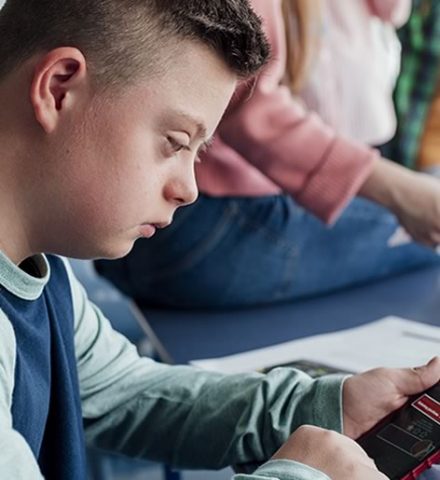If you are worried about the safety or wellbeing of a child or young person in Devon, please make a request for support or report a child safety concern.
In an emergency call 999.
Bullying is behaviour that hurts someone else – such as name calling, hitting or pushing, spreading rumours, threatening or undermining someone. Bullying is not always physical and can have a serious, long-term effect on a child.
The child sex offender disclosure scheme allows members of the public – whether parents, carers and guardians or another interested party – to formally ask the police to tell them if someone has a record for child sexual offences.
Bullying that occurs on social media, online gaming or via mobile phones is called cyberbullying. It can include spreading rumours about someone, or posting nasty or embarrassing messages, images or videos.
If you are worried about a child's safety and want to speak to someone you should contact the MASH.
100,000 children and young people run away from home or care in the UK each year – that’s one every five minutes. Children run away for all sorts of reasons, including trouble at school or arguments within the family. They may leave on impulse or in protest.
The internet is an exciting place for children and young people to play, explore and connect. But it is important to be aware of the risks - such as seeing inappropriate content, cyberbullying or having personal information stolen.
Private fostering is when a child or young person under 16 years old (or 18 if they have a disability) is looked after for a period of 28 days or more by someone who is not a close relative, guardian or person with parental responsibility.
Learning about sex and sexual behaviour is a normal part of a child's development. It will help them as they grow up, and as they start to make decisions about relationships.
Some children and young people have special educational needs or disabilities (SEND). This can present significant challenges if you are their parent or carer. If your child has special educational needs or a disability, speak to the professionals already working with your family, such as your health visitor, child’s teacher or GP.
All children and young people deserve to be healthy and happy. Good physical and emotional health plays an important part in helping them to live a fulfilled life.

If you are worried about the safety or wellbeing of a child or young person in Devon, please make a request for support or report a child safety concern.
In an emergency call 999.